-
Agreed Nino,
Great article. I did a minor in Film Studies as part of my undergraduate degree and although it wasn’t “film school,” four years of learning film theory has been integral to everything I do. Watching an critiquing films, learning about the masters, the genres, how directors and DPs setup shots and what those shots signify, is crucial to making great work. In the end, it all comes down to story, no matter if it’s an avant-garde piece, a doc or a narrative. I’d like to think I can write a corporate script/commercial piece or narrative short because I’ve read scripts, know the rules of story structure and know my own strengths. School provided me with the theory and taught me to think analytically about the meaning of every shot. Ten years, later I still use what I learned then for what I’m doing now.
Thanks for writing your article.
-
Agreed! And disagree. 😀 I attended CSUN as a film major. The best part of attending there for film was the dorms, we had a cinema & tv arts majors only building which is where most the learning and networking took place. I learned more in that 1 year then I have in any given year since. I never finished my degree there but I have friends and colleagues who have. Whenever we look back we all agree that we learned more making midnight horror flicks in our dorm rooms then we ever did from a class. The benefits they got from finishing was being placed in internships, many of which turned into their first full time industry jobs. It’s a different world, going to school for film.
-
After the little tirade I had with you on twitter – I really apologize. Having read the article i could not agree with you more. But i do have some reservations.
Often times some teachers – whatever their reason act somewhat limiting without making plain the reason for so. They discouraging you from taking some risks – which a. may provide invaluable learning, b. is already in a safe environment as you say yourself.
I also believe that film and media institutions must in part indulge in non-profit work so that they can not only expose students to some real world pressures of working professionally but can also provide a source of self sustenance to the institution and also lower fees to such places.
there can be no real substitute to ‘practice practice practice’ and one must learn that just by going to a school does not make him great – one must endeavor to improve in and outside the purview of the institution.
Now, what i really would like to discuss is – what would be the ideal curriculum for film in your mind?
-
I agree… however there is a huge difference between real film schools and University film courses. I;m studying film production as part of an undergraduate film degree which is a load of rubbish. I wish I had went straight to full time film work after college. Real film schools such as NTFS which although are hard to get into give you real practice as awell as great contacts. Film school YES university NO.
-
I’ve mixed feelings about studying film. My ND college course was brilliant i learnt alot in 2 years i was given a platform to carry on building my knowledge from. But at the next level (HND which i picked over degree for many reason) is definitely lacking, now in my final year i’ve probably learn more from philip bloom and sites i’ve found through him that my actual course. Ok i certainly wasn’t ready for the big bad word at 19 but 2.6k should get more abit more than unpaid work ex, though i guess the loan was nice it’s buying some gear.
-
After the last post my University Film Production course has improved dramatically. As part of Drama Production we have to make a 20-30 minute drama film – We have 7 months to make it. The idea and script writing part of that will take up to 3 months of the time.
We have to budget it, crew it and put it into film festivals – its just like making a real film (in fact we are making a real film!), I can’t believe they had us doing Power-point presentations last year.
I’d advise anyone who wants to start a film course at University to check out just how practical the course is before they begin.
I think we all agree that no education can beat the practical hands on experience of being on a set. One thing that they don’t teach in college that they defiantly should is ‘set etiquette’. X

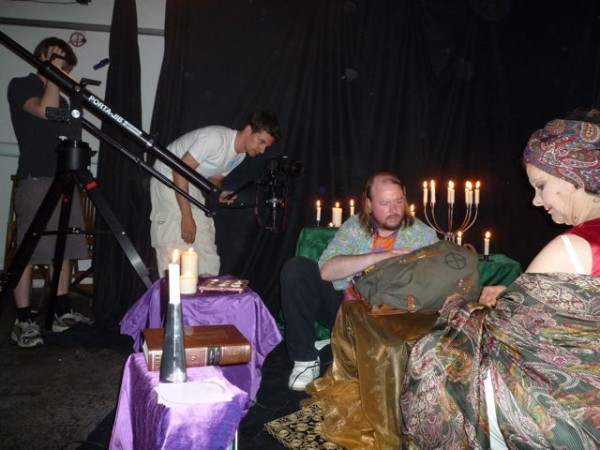


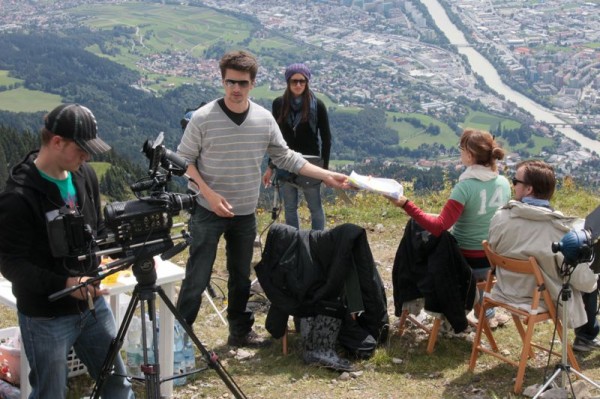






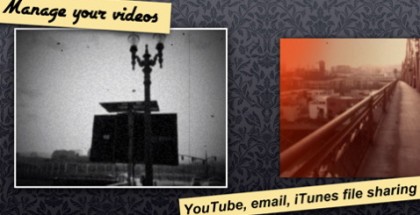
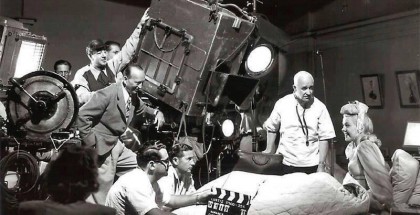
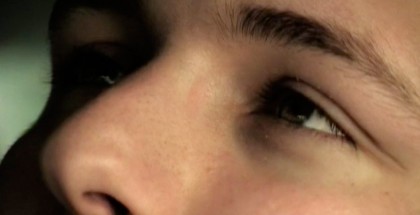














Comments